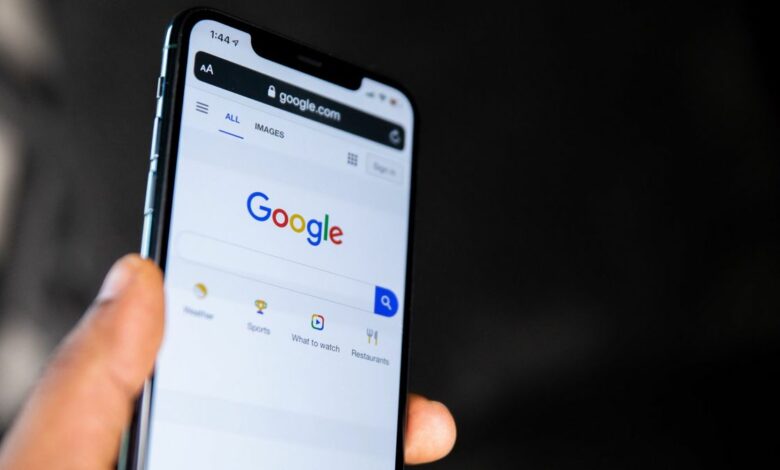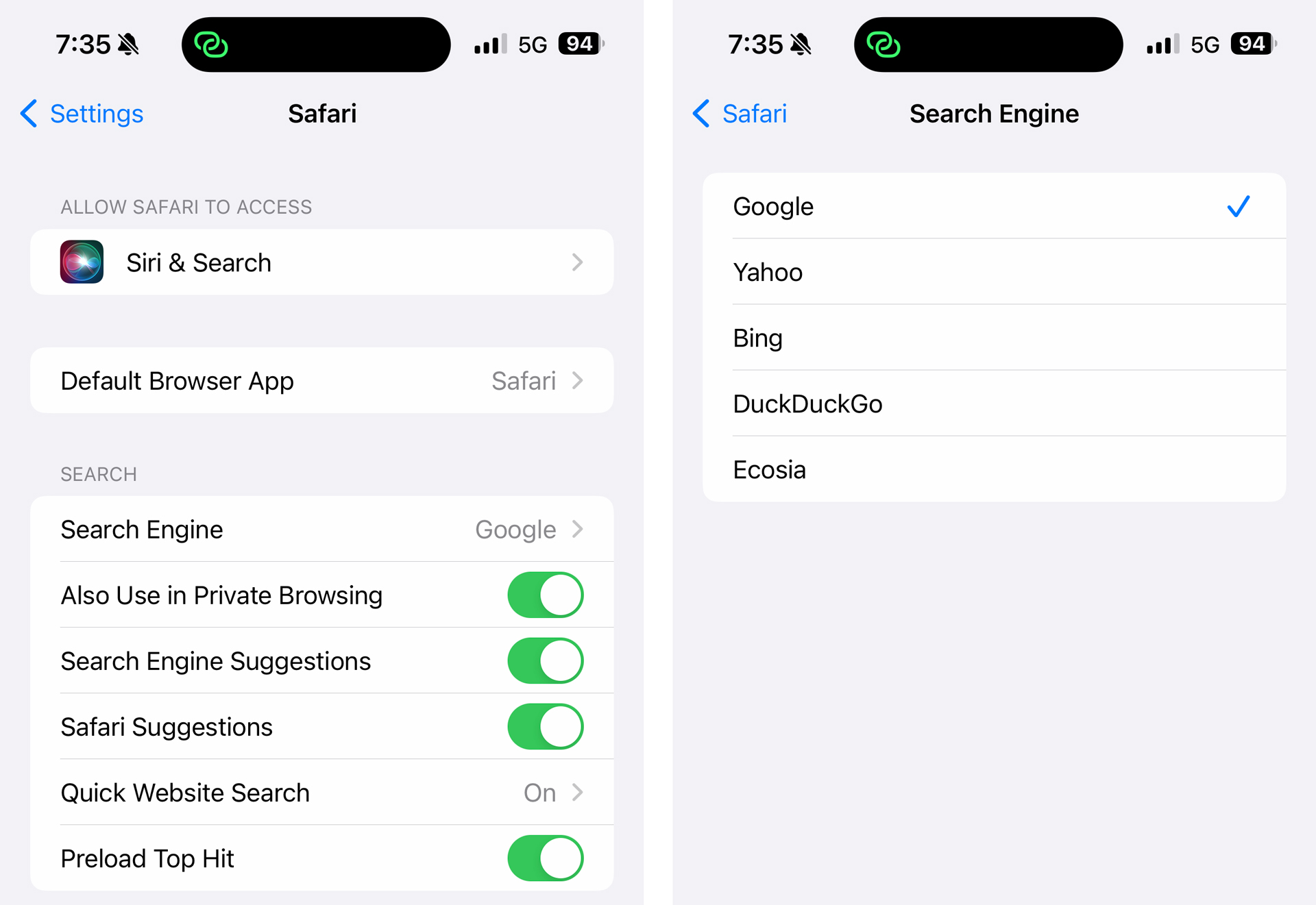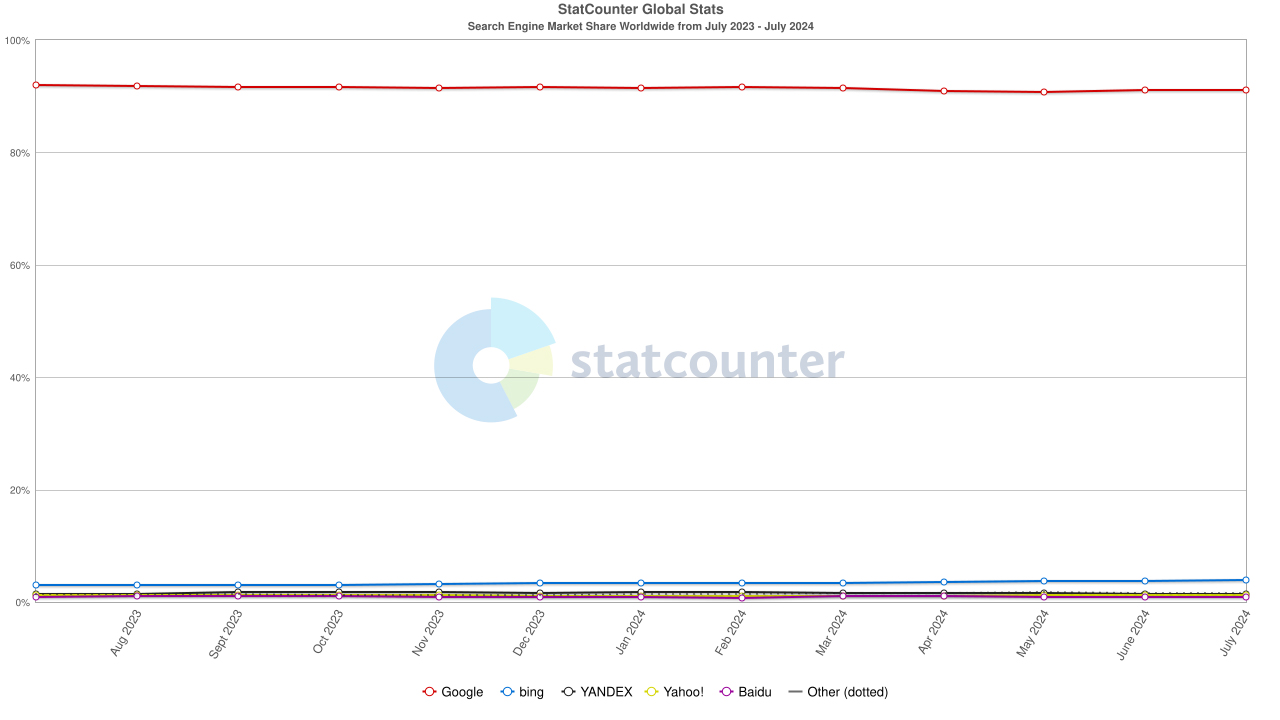Judge rules Google is a search monopolist and you might not like what comes next

When it comes to search, Google is a monopoly. That’s the verdict of a US federal judge called Google a “monopolist.” Not everyone agrees, but this decision could have major implications for Google and its position as the most used search engine in the world.
I’ve long argued that Google achieved its search engine dominance by not just being a good Internet guide, but by being the best. GenZ may not remember a time before you “Googled” something, but some of us were there when the World Wide Web was born, a network that grew so fast and wide that it quickly became unknowable. Web search was a crucial and, for a while, diverse industry. Google wasn’t even around in the beginning. Yahoo, Lycos, Alta Vista, and Northern Light (felt like a clever lighthouse reference) were all around before Google, which came along in 1999.
Where early search relied on pure indexing and some unscalable browse-tree strategies, Google was algorithmic from day one. Sure, it spidered and indexed, but it also weighed in on relevance. The story of how Google came to dominate is almost obvious and familiar. The question this statement seems to answer is how Google, having won the battle, maintained control.
Race for the top
No market, especially technology, is set in stone. Players come and go. New ideas come and sometimes they stick. Sometimes they grow while others fall. Competition can feel like a zero-sum game because there are almost always winners and losers. In the smartphone market, the once dominant Nokia and Blackberry had no answer to the innovative iPhone and lost that battle – miserably.
Search was like that in the beginning, with even the once-vaunted Yahoo stumbling and falling to Google. That’s not to say there’s no competition. In every market where there’s a dominant player, smaller and perhaps more eager players try to steal that market position. Sometimes they succeed through innovation and perhaps a bit of luck. Other times they encounter an invisible but powerful market force that almost prevents them from competing for the top.
When Apple introduced the iPhone in 2007, it didn’t even have an App Store, but the device did come with a few built-in apps, including YouTube and Maps, both powered by Google. There was also a Web browser called Safari, and even before Apple’s first phone, the company used Google as the default search engine in its Safari browser on the desktop.
The Price of Domination

That relationship didn’t last because Apple and Google are friends. Apple eventually replaced Google’s mapping system with its own. No, Apple makes Google the default search engine for Safari because Google pays Apple billions a year for the privilege. By 2022, it was a reported $20B.
That’s no small feat. There are currently more than 1.3 billion iPhones in use. The majority of the remaining smartphone market is Android, which typically defaults to Chrome as its browser and Google as its search engine.
At least 95% of people use a mobile device to surf and search the web. On iPhone and Android (Chrome), you can use a different search engine, such as DuckDuckGo, Yahoo, or Bing, but those choices are hidden in settings and, honestly, if it just works, why would you want to? I’m not saying that these other search engines aren’t good. DuckDuckGo is often praised for being more privacy-friendly than others (especially when you compare it to Google), and Bing has improved a lot since its early days, leading the way in generative AI search results. But even with its AI feeds at the top of too many search results, Google’s basic search results remain unmatched in quality.
This level of default control has made it nearly impossible for Microsoft (Bing) or DuckDuckGo to compete at scale. The default is the winner – by default. All that access also means that Google can show you all those ads that appear at the top of many search results. Google’s position in search advertising wasn’t considered a monopoly, but it’s hard to argue that the search engine’s control doesn’t somehow strengthen its position in showing ads.
Google, ‘Monopoly’

Google currently has 91% Global Search Engine Market Share. If you’re going to nitpick, that’s 9% less than a monopoly, but it’s pretty close. I think the question is, did Google achieve that dominance fairly? I think it did. Did it maintain it fairly? I don’t know, but I will say that Google’s ubiquity has had the unfortunate knock-on effect of making Google essentially define the web experience, not just for people searching, but for everyone visiting a website, destinations that, from the ground up to the headlines you read, are built to be seen and displayed by Google Search. Nobody does Search Engine Optimization (SEO) for DuckDuckGo or Yahoo. It’s all about Google, and I often wonder why it’s not called “Google Engine Optimization” or GEO.
Google will appeal, but the pressure will now be on to make changes and possibly spin off the search business of parent company Alphabet. Google may even stop paying Apple, and Apple may decide it’s finally time to get started on its own long-awaited search engine. This could also prove to be the perfect time for SearchGPT.
At the very least, you’ll soon see a change when you set up your next best iPhone or best Android. Perhaps the device will finally ask you to choose a search engine.
Of course you still choose Google. I mean, who wouldn’t?




